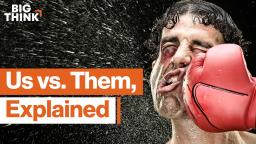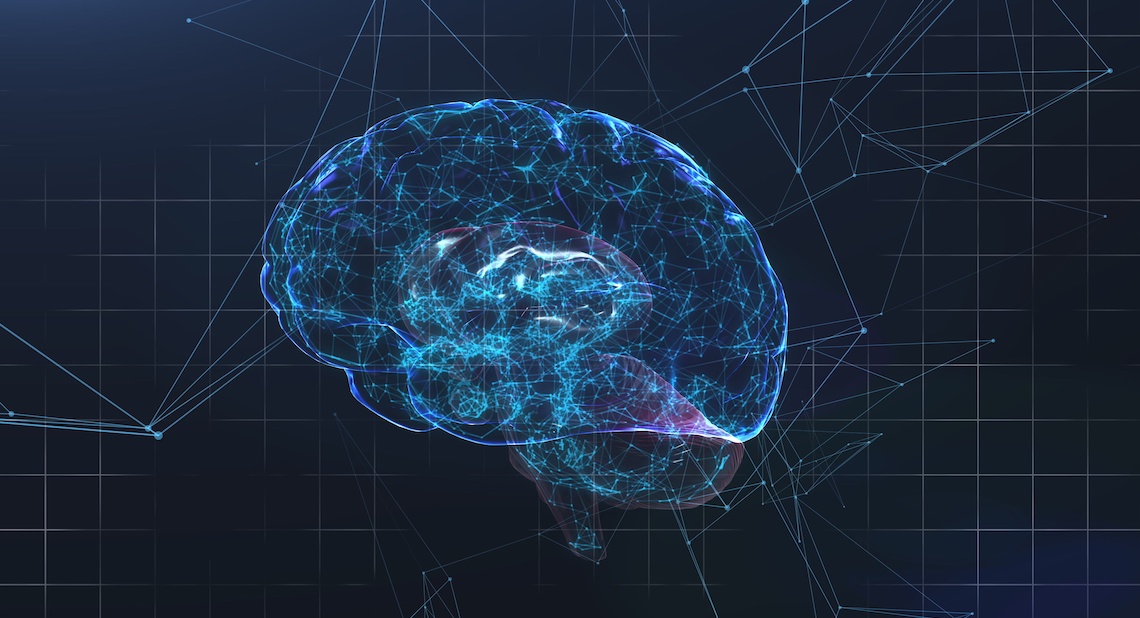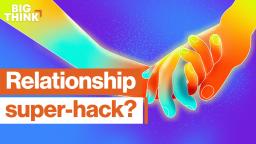Neuropsych
All Stories
Ever lose track of time while doing something? It gets worse with a VR headset on.
The way you speak might reveal a lot about you, such as your willingness to engage in casual sex.
Who needs steroids when you have the placebo effect?
Like autism, ADHD lies on a spectrum, and some children should not be treated.
Our love-hate relationship with browser tabs drives all of us crazy. There is a solution.
A new study used functional near-infrared spectroscopy (fNIRS) to measure brain activity as inexperienced and experienced soccer players took penalty kicks.
Dunbar’s number is a popular estimate for the maximum size of social groups. But new research suggests that it’s a fictitious number based on flimsy data and bad theory.
The author of ‘How We Read’ Now explains.
Humans may have evolved to be tribalistic. Is that a bad thing?
▸
17 min
—
with
If you ask your maps app to find “restaurants that aren’t McDonald’s,” you won’t like the result.
Studies show that religion and spirituality are positively linked to good mental health. Our research aims to figure out how and why.
New research suggests that there is no “typical” form of Alzheimer’s disease, as the condition can manifest in at least four different ways.
Many people believe that in the face of profound evil, they would have the courage to speak up. It might be harder than we think.
Cannabidiol (CBD) seems to reduce the unpleasantness of pain, a finding that surprised the researchers behind a new, first-of-its-kind study.
Think you can hide your feelings pretty easily?
Why are rapture ideologies exploding?
▸
7 min
—
with
A recent study used fMRI to compare the brains of psychopathic criminals with a group of 100 well-functioning individuals, finding striking similarities.
Because of our ability to think about thinking, “the gap between ape and man is immeasurably greater than the one between amoeba and ape.”
Neuroplasticity is a major driver of learning and memory in humans.
How can researchers map something as complex as the human brain?
A study on charity finds that reminding people how nice it feels to give yields better results than appealing to altruism.
The most mental game in existence no longer requires fingers.
Social interactions are important for building the strongest relationships.
▸
5 min
—
with
A study finds that sexual regret doesn’t change how we behave in the future.
A new study looks at how images of coffee’s origins affect the perception of its premiumness and quality.
Research has shown how important empathy is to relationships, but there are limits to its power.
▸
11 min
—
with
When you say, “I’ll get it done this week,” you’re just lying to yourself.
New research reveals that the face can affect the shape of the brain through a complex “cross-talk” between the two structures.
We can’t ask them, so scientists have devised an experiment.





























